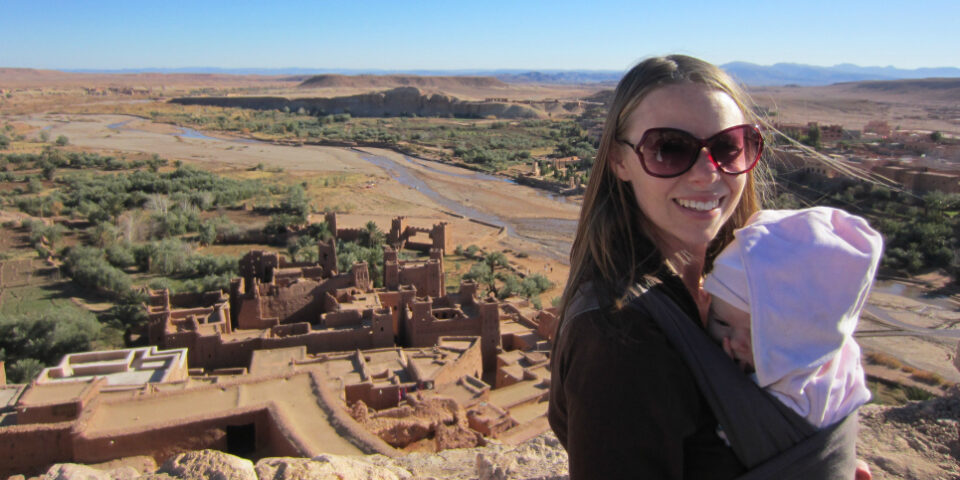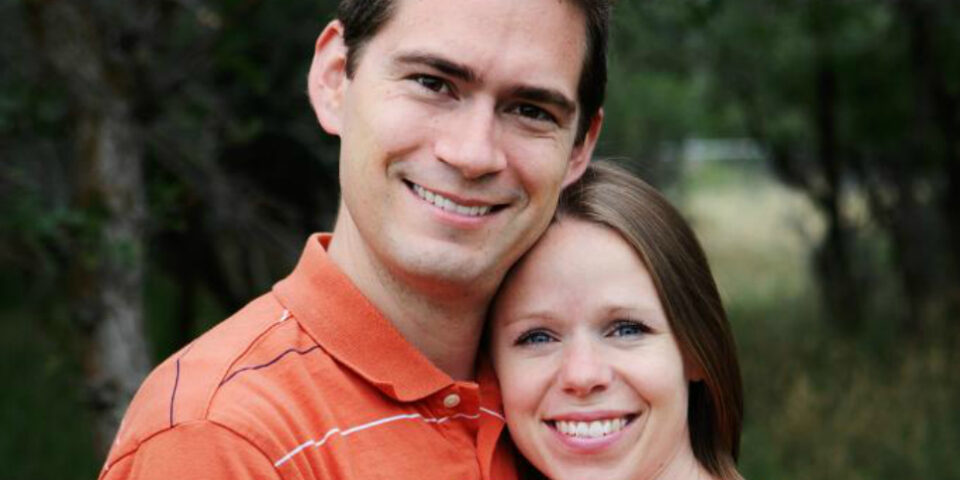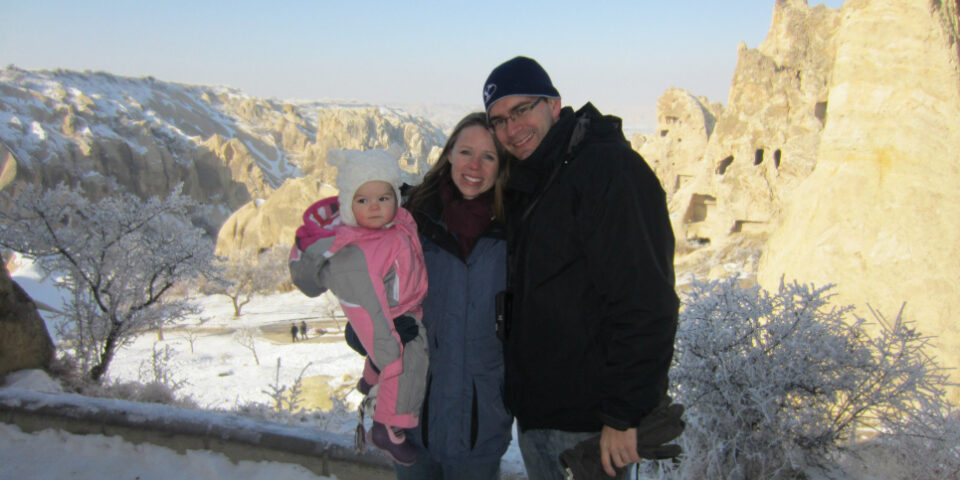Hi, I’m Janet. I live in Gland, Switzerland (yes, the village where I live really is named Gland) just outside of Geneva. I am a mother of two boys and a girl and am married to my soul mate. I work for an NGO focusing on maternal and newborn health and also consult for the World Health Organization.
I was raised in a very active LDS family in Washington state by parents who converted to the Church long before I was born. I earned my Bachelor’s degree in Anthropology from BYU and my Masters degree in Public Health from the University of Texas. I served a mission in Mesa, Arizona and have since served primarily in teaching callings. I have been teaching the youth Sunday School class in my ward for the past 3 ½ years.
Looking back, I would say I have always sensed gender inequality in my experiences in the Church, at least from the time that I was an adolescent and witnessed the unequal investment in boys compared to girls. This sense only heightened in my adulthood, as a result of experiences ranging from my mission and being treated dismissively by zone leaders, to hearing men (thankfully not my father) claim exclusive power in the household by appealing to priesthood authority and to experiencing ostracism and outright contempt for pursuing goals and developing talents lying outside the realm of motherhood. I generally tried to shrug off these experiences and the discomfort and hurt they caused me. However, this awareness has grown even more acute as I have witnessed the failure of the Church institution to appropriately address issues that tend to impact women rather than men, such as intimate partner violence, the fallout from the pressure the Church puts on women to remain economically dependent within the household, and the treatment of women’s bodies as objects of policy. It breaks my heart a little each time I see how much of the structural violence throughout the world which subordinates, harms and violates women is all too often mirrored in my own church which I love dearly.
Initially I thought that a healthy dose of gender mainstreaming within the institution might remedy the situation, to assure that women’s voices could be heard and be taken into account in church governance. However, at this point I feel that the ordination of women is probably the simplest, most straightforward way to achieve gender equality and really the only way to root out the source of inequality. I believe that women must no longer be on the outside of power structures, but must rather be part of the decision making at all levels.
Moreover, I have been unable to find a satisfying answer as to why women are not ordained to use priesthood authority in the Church. The status quo seems to stand in opposition to the temple, the vision of Joseph Smith regarding women and women’s use of priesthood authority in the early church and scriptural accounts of priestesses and female apostles and deacons. I believe that in order for the Church of Jesus Christ to become more beautiful and better able to meet the needs of the entire membership women should be ordained.









